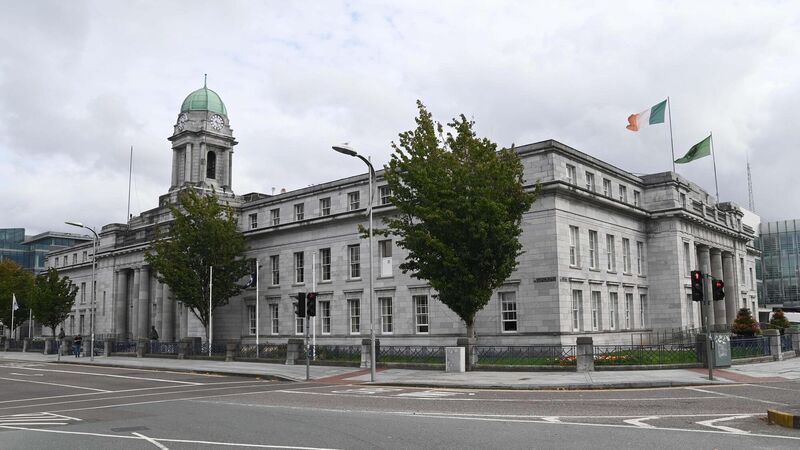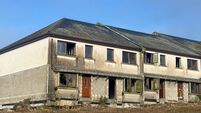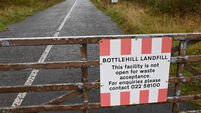Commercial rates hike puts 'another nail in coffin' for struggling Cork businesses

Cork City Council approved a 3.8% hike in commercial rates as they adopted the city’s 2023 budget. Picture: Denis Minihane
Local authority rate hikes in the midst of energy, inflation, and cost-of-living crises are “another nail in the coffin” for already struggling businesses and will make many unviable.
That was the warning from Mike Ryan, chair of the Cork branch of the Restaurants Association of Ireland, after members of Cork City Council approved a 3.8% hike in commercial rates as they adopted the city’s 2023 budget. The rates had only risen by a total of 1.2% in the previous 13 years.













